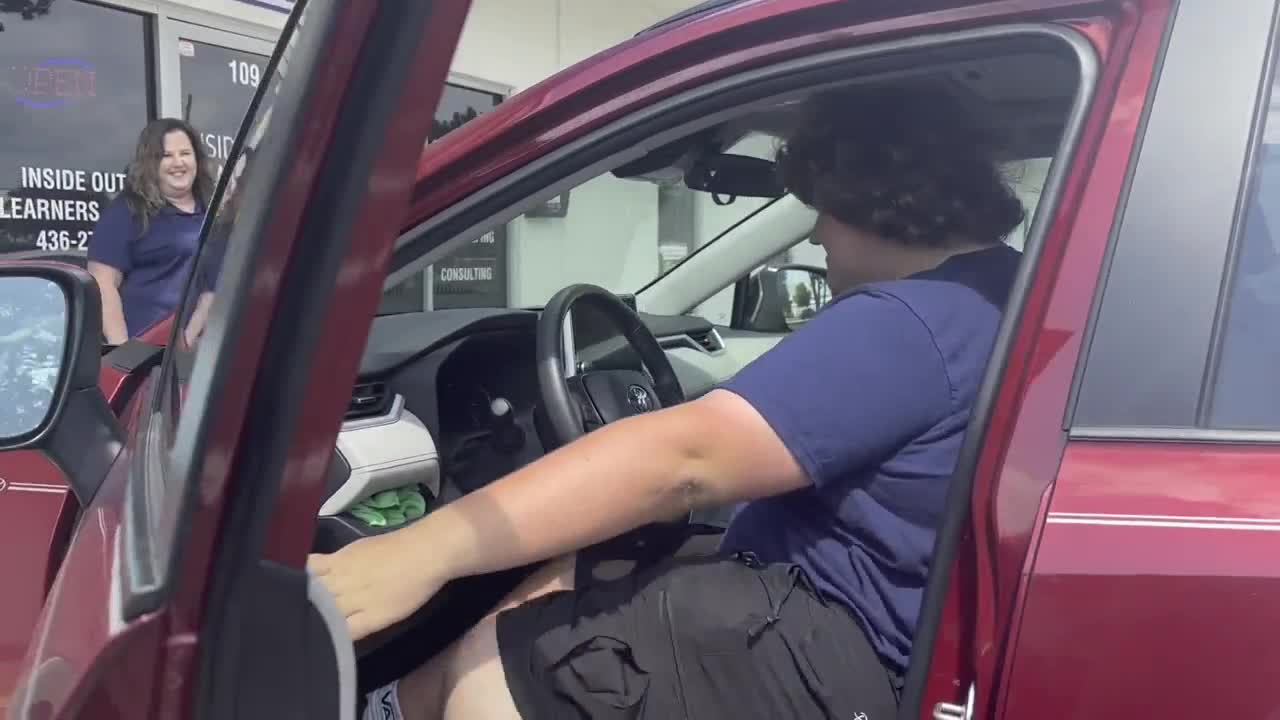CHESAPEAKE, Va. — The Virginia Department of Motor Vehicles has launched the Blue Envelope Program, made effective July 1. This initiative aims to facilitate better communication between individuals diagnosed with autism spectrum disorder and law enforcement during traffic stops and vehicle crash investigations.
Terrie Livingston, a mother of a first-time driver, shared her thoughts on her son, Aidyn, who has autism. She explained that he was well-prepared for driving.
“He learned in school first, and once he got that manual, he studied it like crazy. I mean, I think he knows it backwards and forwards because he was so excited to learn how to drive,” she said.
However, Terrie acknowledged that not everything can be predicted in advance.
Watch related coverage: Grandson's autism inspires grandmother to open unique restaurant in Hampton
“Many autistic people thrive on a very structured way of living. A schedule for almost anything. When unexpected things happen—like being pulled over or being in an accident—it can be very challenging,” she added.
Sixteen-year-old Aidyn expressed his driving anxiety. “I would say there is anxiety with driving, anxiety about crashing the car,” he said.
To support him and others like him, the Blue Envelope serves as a vital resource for drivers with special needs. This envelope can be handed to law enforcement when pulled over.
Watch related coverage: Local program helps those with disabilities find jobs
“On the front of the card is information for the officer about the driver, including several bullet points of instructions and what to expect during a traffic stop. There’s also a box to indicate whether the driver is verbal or non-verbal,” Terrie explained.
On the envelope, parents can outline their loved one’s diagnosis and inform officers of any potential reactions, like confusion or physical responses. While many police departments have initiated training to work with individuals with special needs, Terrie believes the Blue Envelope could significantly improve interactions.
“It notifies the officer that someone is autistic and informs them of some of the signs,” Aidyn noted.
“What’s nice about this is that when we are stressed out, we’re not thinking straight, especially during high-stress situations. The Blue Envelope helps relieve that burden,” Terrie said.
The DMV also recommends carrying your vehicle registration, insurance card, emergency contact information, and a copy of your driver’s license inside the envelope for easy interactions with police. Best of all, there is no cost to obtain the envelope. Caregivers can also request one on behalf of someone with autism.




